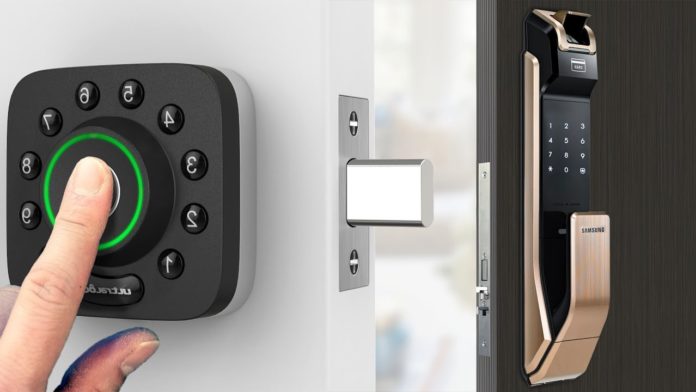
We’re in the age of home automation, and software is connected to everything. While some smart home gadgets have been perfected, we’re still in the early years with intelligent locks. We’ll be talking about the benefits and downsides of the types of home digital locks from this article before touching on some potential future products and features I’d love to see.
Benefits
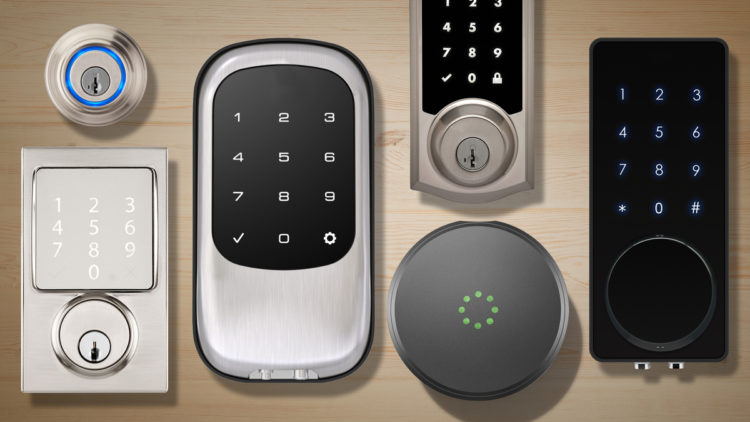
There are tons of benefits ranging from being more carefree about your door to having more control over the locks and access control. Instead of bringing your keys, all it takes is a push of a button, a touch, a voice command, or a code to unlock your door.
Are there houseguests, cleaners, housesitters, or anyone else with regular access to your home? What if you’re an Airbnb host? You can set times and days where they can unlock the door, which is much better than giving them a key. You can set either a temporary or permanent schedule for them. So it’s important to have a proper lock, like ones from sites such as igms.com.
You also want more info about who comes and goes? Most apps give you detailed info on who entered and when. That seems like a feature only useful for control freaks, but it’s great for parents or anyone concerned about their home. You can ensure that your children come home when they should, or you can monitor to see if there is any strange activity.
Most smart locks have an auto-lock feature that locks the doors whenever you leave, which is perfect if you forgot to lock it yourself. However, there are some issues with this, so be sure to check the downsides section about that. Smart locks like August have an auto-unlock feature that makes it easier than ever to open the door. Powermoves.blog claims that the auto-unlock feature works 95% of the time and requires your phone to be around.
If you use smart home systems like Alexa or HomeKit, then you can usually connect them with the smart lock. This largely depends on the lock itself, but it makes the lock even more convenient and gives you more control. Some locks also warn you if the door isn’t completely shut, which can be a lifesaver since these locks only work if the door is shut and the lock aligns.
Downsides
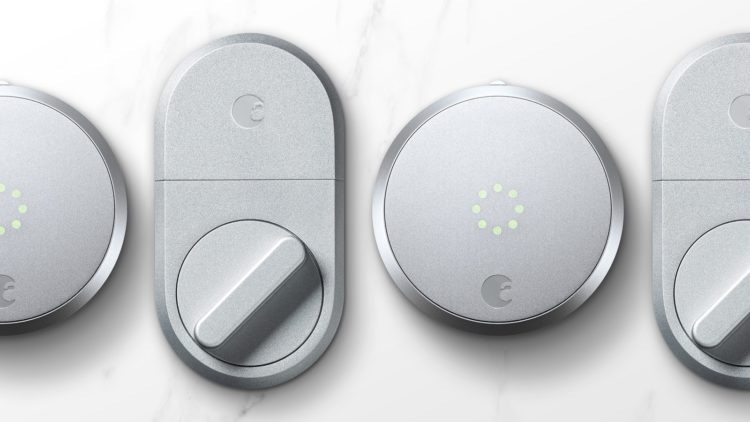
1. Smart locks are great in many ways, but some problems and improvements need to be made. The auto-lock feature is fantastic for when you forget to lock the door. However, it’s not perfect. First of all, the door has to be firmly closed, and the lock aligned. Otherwise, it won’t lock.
2. Smart locks have a set timer before the auto-lock activates, so if someone is scoping out your house, this gives them plenty of time to get in and out.
3. You can change your set time before the auto-lock kicks in, but then this presents its problems. Let’s say you want to go outside quickly to bring out the trash or to check the temperature. If you forgot your keys and phone and you’re a minute too long, then the door will lock behind you. (That’s why I recommended buying a smart lock with a keypad for a backup.)
4. You need a deadbolt for these locks to work. This should be fine for most people since deadbolts are common, but if you don’t have one, then you need to install one. That turns the smart lock from a convenient 10-minute installation into a significant part of your day as you make the hole in the door frame, install the bolt in your door, and so on.
5. Every smart lock that I know of currently uses Bluetooth, which isn’t as infallible as you might think. While usually more convenient than keys, there will be times where you sit there hitting the unlock button, and nothing happens, or your device will take a while to pair with the door.
6. If you want to use a smart assistant for locking and unlocking, then you need a smart hub like SmartThings, Wink, or HomePod.
In general, most of the downsides are just pointing out that these locks aren’t perfect, and there is room for improvement. They will work for the most part, but there are still some aspects that could be better.
Improvement Ideas
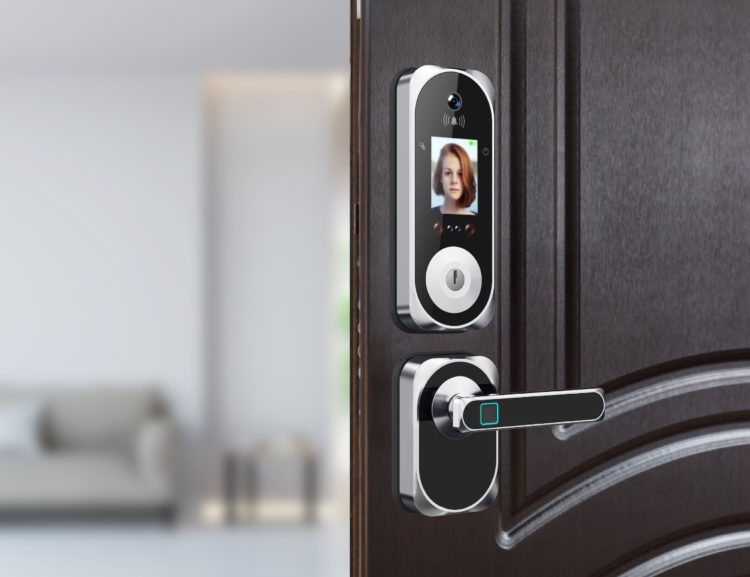
1. One thing I would love is facial recognition auto-unlock. Some smart locks have an auto-unlock feature, but it’s based on setting on a geofence and then having to leave that area altogether before the door unlocks. For example, this feature won’t work if you go out to the front yard because you didn’t leave the geofence. Imagine a door that would scan your face and unlock without any complicated procedures or forcing you to take out your phone. It would be amazing and we should have the technology for it. While there are potential security risks to facial recognition unlocking, I’m surprised it hasn’t been introduced yet.
2. Fingerprint recognition and NFC technology would also be improvements over Bluetooth. Bluetooth is great and all, but it does have problems, and we should be given more reliable options for unlocking our doors. No one wants to stand outside on a cold or hot day waiting for their phone to pair with the lock. The longer the wait, the more you’ll wish you just had your keys.
3. Better home automation would be nice, as well. Right now, most systems either work with only one smart system or require specific accessories that you may not have. Having an intelligent lock that works with automation without any extra purchases would be fantastic.
Conclusion
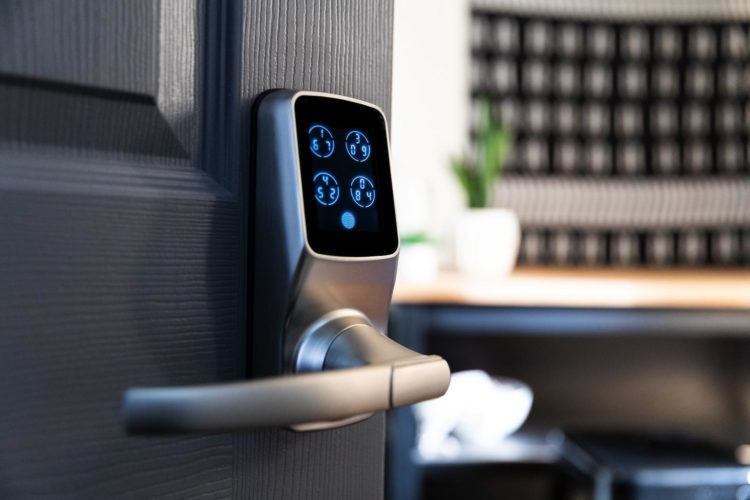
Smart locks are high. I love the peace of mind and being able to set temporary access codes for visitors. It’s also good to monitor who is coming and going, and these locks are ideal if you chronically forget to lock the door or are always worried that you forgot. They’re not perfect just yet, but I have high hopes that future smart locks will improve upon the minor inconveniences of today’s smart locks.











